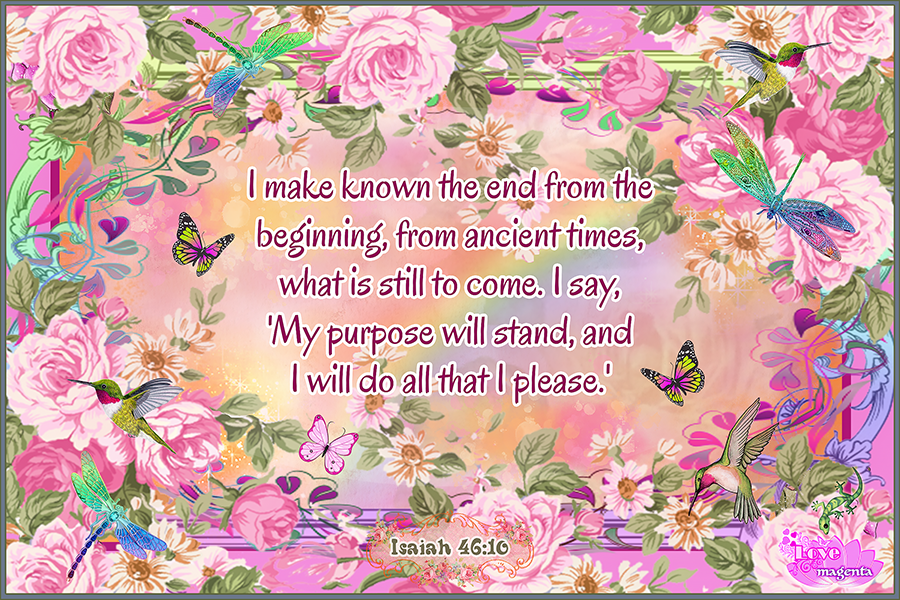How do you know your view of God is correct? Why should I worship your view of God over someone else's view of God?
Here are some questions that can help you start this truth-seeking journey.
1. Does truth exist
2. Does God exist
3. Are miracles possible
4. Is the Biblical New Testament reliable?
1. Unfortunately we have to start here because some nowadays try to teach relativism. The laws of logic with the law of non-contradiction are self-evident that truth exists due to many examples but a great start would be within mathematics. Either 2+2=4 or not.
2. Evidence for God can be found in creation (space, time, matter), the historical nature of worship, Fine-tuning data for life to exist, Intelligent design (ID) science, the reality that the majority of mankind believes in a higher power deserves some attention as well.
3. A miracle is defined as a supernatural event. A beyond nature or an event that defies that natural order of laws. The best evidence for this is the creation event, fulfilled prophecy, and the life of Jesus.
• creation proves that it took something supernatural before space, time, and matter (natural).
•fulfilled prophecy is really strong evidence when taken into account that we have ancient Biblical manuscripts dating before historical events that prove the prophecies to have been fulfilled in exact accuracy. Especially those that point to Jesus being the Messiah and dying on the cross.
• The life of Jesus is more historically known than that of someone like Gaius Julius Caesar. We have multiple recorded eyewitness accounts including an account written by a grade A historian Luke. We have secular accounts that speak on who Jesus was and even one account records the earthquake and darkness that occurred after Jesus died. Then we have the Roman upheaval and change in burial practices that seem to suggest they did not want another Jesus event. Then you have the history of the disciples and the impact of the Early Church who never gained wealth, power, or fame but most to die horrible deaths. That at least proves they all not only believed that they saw the risen Christ but they were willing to die for it. Then you have the divide between A.D. and B.C. to not only designate the start of a new era with Christ but to make a literal pivotal moment in history. A perfect timing for Christ to arrive as transportation, writing equipment, relatively freedom of religion under the Romans, relatively forced peace under the Romans, the Greek alphabet had come to a point of being supreme and well used, the Greek language had almost become universal, and much more that all came into perfect timing for the Messiah to arrive to birth the church.
4. Is the Biblical New Testament reliable?
Now here is where you get into the evidence of manuscripts, the methods of canonization, the methods of translation, hermeneutics, historical evidence, archeological evidence, the train of custody to Jesus-Apostles-Apostle's disciples- and then those who came after, early church father's writings, secular sources about the early church testify to New Testament accuracy, geography testifies to the events recorded, the lives of rulers, dates, times, events, and places testify to very delicate transcriptions of events.
This is just a small bit of info that only scratches the surface. To fast-track it all, you could start with Jesus because Jesus not only claimed to be the incarnation of God but He also claimed to be the only way to Heaven. So if all the circumstantial evidence doesn't point to Jesus being who He said He was, then our faith is futile but if the evidence points to the truth then that also testifies to the truth of the Old Testament since Jesus taught from the OT and never mentioned that the OT had been corrupted. He did address the religious elite's corruption but not the OT itself.
Anyway, this is becoming a long post. Hope this helps. Seek and you shall find.
2

